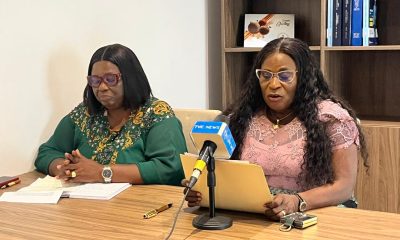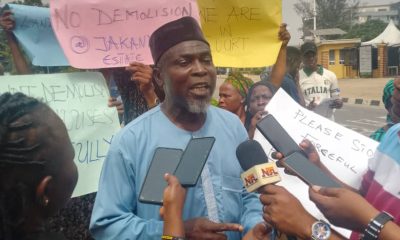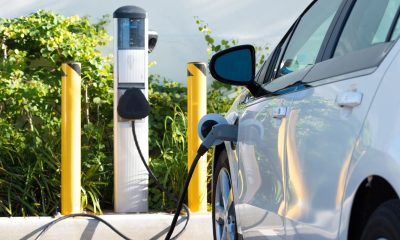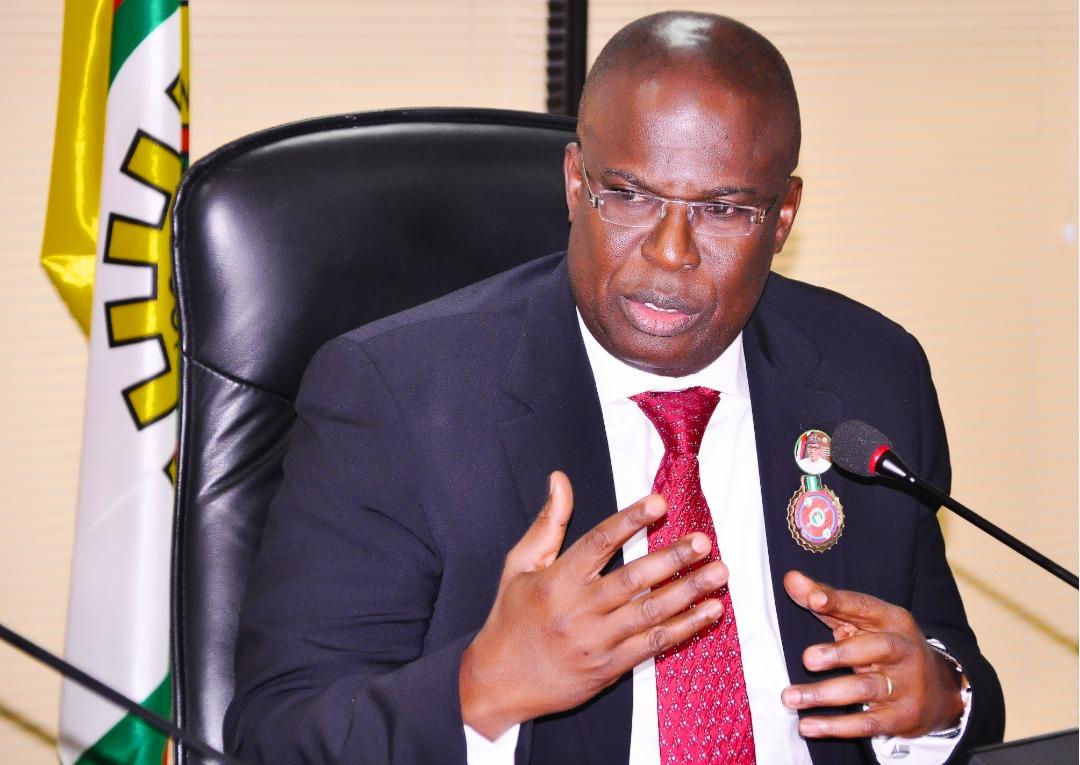The Minister of State for Petroleum, Timipre Sylva has said Nigeria was not gaining anything from the soaring prices, noting that Nigeria’s comfort zone in terms of oil prices was between $70 and $80 per barrel.
It would be recalled that subsidy payments, pipeline shutdowns affected Nigeria from benefiting from high crude oil prices since the country depends largely on importation of refined products for its domestic needs.
Sylva who disclosed this recently after the price of crude crosses $100 per barrel following the invasion of Ukraine by Russia, world’s second largest oil producer, said $100 per barrel is not sustainable for Nigeria.
On Thursday, the global oil benchmark, Brent crude, rose over 5 percent to trade at $102.27 a barrel with escalating tensions between Russia and Ukraine.
READ ALSO: FG has no plans to remove fuel subsidies, says Sylva
“I’m hopeful the prices will move around, maybe $80, maybe $70. We are hoping it will come down to somewhere around $70 to $80, which will be sustainable for us by the end of the year,” he said.
Last year, Nigeria agreed to voluntarily cut its daily crude oil production by 939,000 barrels between January and March after a meeting with the Organisation of Petroleum Exporting Countries (OPEC) and its allies.
Sylva said the inability of Nigeria to activate the oil wells it shut down when OPEC instructed producing countries to cut production as well as the lack of investment in the upstream sector is affecting the country’s ability to increase production.
He said Nigeria is losing at least 300,000 bpd to its capacity challenge.
“We are working hard on that (production increase). What happened to us was the fact that we had to cut back at the time, and, of course, in such a way you can’t cut back mathematically,” he said.
“So, you want to cut back 100,000 barrels that you shut out, maybe we’ll shut down about 200,000 to 300,000 barrels. So, at the end of the day, we over-complied because we just couldn’t achieve it mathematically.
“In trying to cut down, we cut down too much. And now to come back, it’s not been easy for us to get the wells back to production.”
According to the minister, a lot of additional investments would be needed to ramp up production, but he lamented that foreign funding was drying fizzling out for the industry.
Answering questions on the supply of gas to Europe, Sylva said he was not aware of discussions with the United States for Nigeria to increase the supply of gas to Europe amid Russia and Ukraine tensions.
According to him, if it has to happen, it would take time and investment.
He said the country intended to begin supply to the continent through Algeria and Morocco in the near term.
The Nigerian National Petroleum Company (NNPC) in January requested a total of N3 trillion from the federal government to fund fuel subsidies in 2022.
The Minister of Finance and National Planning, Zainab Ahmed, disclosed this while briefing State House correspondents after the weekly Federal Executive Council (FEC) meeting in Abuja.

 Health1 week ago
Health1 week ago
 Health1 week ago
Health1 week ago
 Latest6 days ago
Latest6 days ago
 News7 days ago
News7 days ago
 Business6 days ago
Business6 days ago
 Business1 week ago
Business1 week ago
 Football1 week ago
Football1 week ago
 Business1 week ago
Business1 week ago

